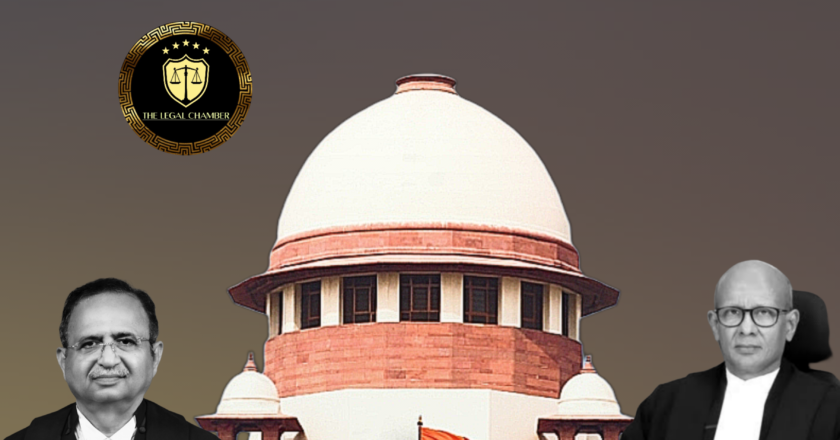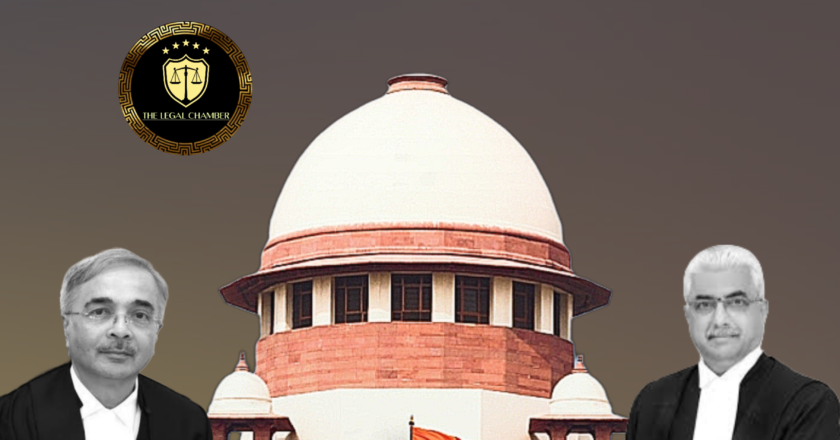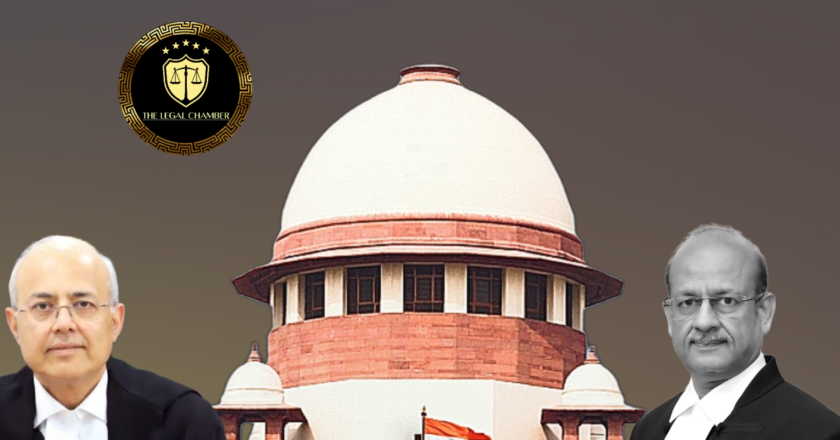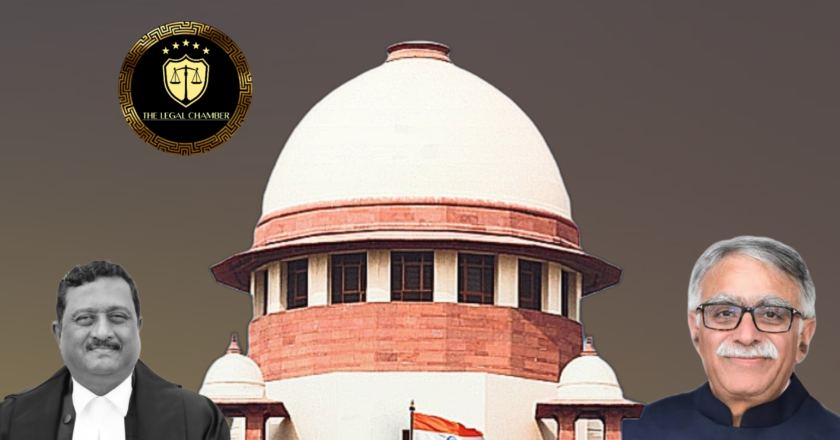Dowry Death Mystery Solved: Supreme Court Holds Father-in-Law Guilty After High Court’s Acquittal
The Supreme Court restored the conviction of the accused under Sections 302 and 201 of the IPC, holding that in cases of unnatural death within a household, the burden to explain the circumstances lies with the accused under Section 106 of the Evidence Act. The Court found the chain of circumstantial evidence complete, establishing guilt beyond reasonable doubt.
Facts Of The Case:
The case revolves around the death of Smt. Pushpa, who was married to Mahesh Singh. Her family alleged she faced persistent dowry harassment and cruelty from her husband and father-in-law, Janved Singh. On December 31, 1997, Janved Singh reported to police that Pushpa died from accidental electrocution while ironing clothes. However, the post-mortem revealed the cause was asphyxia due to strangula...





